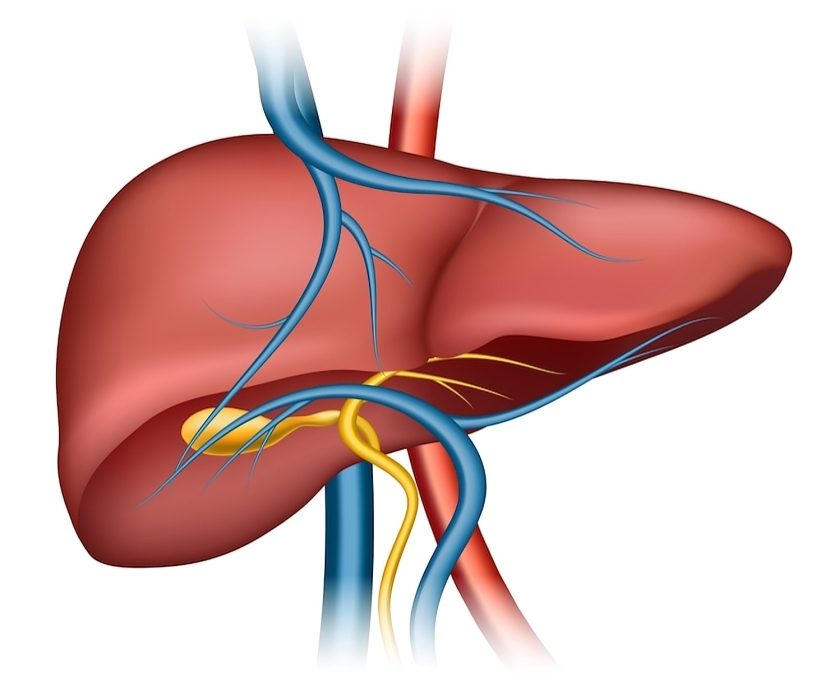The pancreas is a remarkable organ nestled deep within the abdomen, playing a crucial role in digestion and blood sugar regulation. Despite its relatively small size and inconspicuous location, the pancreas is indispensable for maintaining overall health and well-being. Let’s delve into the intricacies of this vital organ and explore its functions, structure, and the diseases that can affect it. To Know More About It Please Click Here Anatomy and Location The pancreas is an elongated glandular organ situated behind the stomach, spanning horizontally across the upper abdomen. It is approximately six inches long and is shaped like a leaf with a head, body, and tail. The head of the pancreas connects to the duodenum (the first part of the small intestine) while the tail extends towards the spleen. This organ consists of two main functional components: exocrine and endocrine. The exocrine portion, comprising the majority of the pancreas, secretes digestive enzymes into the duodenum via ducts. Meanwhile, the endocrine portion consists of small clusters of cells known as islets of Langerhans, which release hormones directly into the bloodstream. Functions Common Pancreatic Disorders Despite its importance, the pancreas is susceptible to various disorders that can significantly impact health. Some of the most common conditions include: Importance of Pancreatic Health Maintaining a healthy pancreas is essential for overall well-being. Adopting a balanced diet rich in fruits, vegetables, and whole grains can help prevent pancreatic disorders. Additionally, avoiding excessive alcohol consumption and refraining from smoking are crucial steps in safeguarding pancreatic health. Regular medical check-ups and screenings can aid in the early detection of pancreatic diseases, potentially improving treatment outcomes. If symptoms such as abdominal pain, changes in bowel habits, or unexplained weight loss arise, prompt medical evaluation is essential. To Know More About It Please Click Here for the conclusion the pancreas is a multifaceted organ with critical roles in digestion and metabolic regulation. Understanding its structure, functions, and associated disorders underscores the significance of maintaining pancreatic health. By adopting a healthy lifestyle and seeking timely medical attention, individuals can support the optimal functioning of this vital organ and promote overall wellness.
Dr Alokit Gulati Best Gastroenterologist in Rohini 91 9319137179


